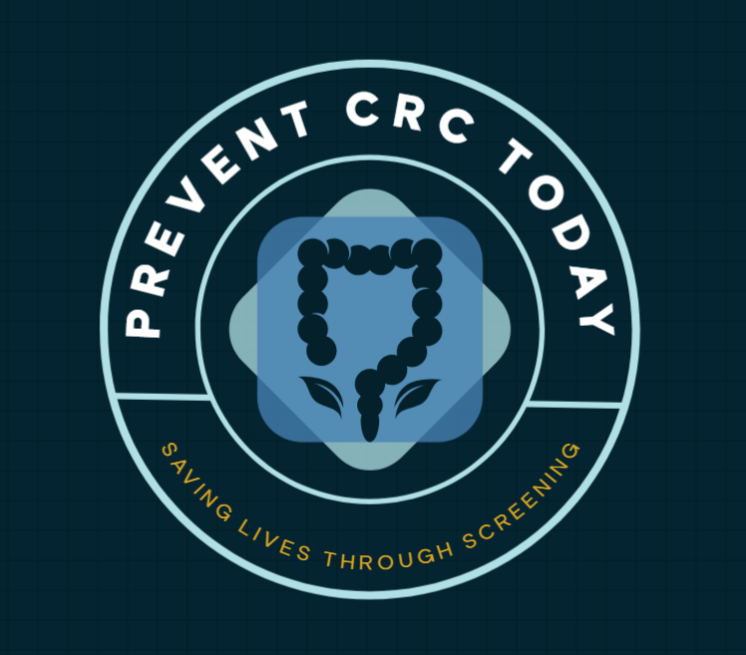Colon cancer is common. As outlined elsewhere, colon cancer can be detected early with screening or even prevented entirely with the removal of precancerous polyps during screening colonoscopy. The process of having just one colonoscopy completed can reduce the individual risk for colorectal cancer by 72%! While many individuals can wait 10 years until their next screening examination, those with higher risk family/personal history and those with prior precancerous polyps are recommended to undergo a repeat exam sooner for either high-risk screening or ongoing high-risk surveillance. Despite the increased risk of colon cancer in this population, less than 2/3 of patients undergo a repeat colonoscopy at the interval recommended by their doctor. Let’s take a look at a few relevant studies that really show the importance of getting that follow-up exam completed.
A study by He et al. from 2020 showed that advanced adenomas (the high risk lesions) and large (>10mm) sessile serrated were associated with a 3-4x increased risk of colorectal cancer when compared to low risk lesions or patients that have no polyps removed during screening. Studies like these are what have shaped the guidelines recommending a minimum 3 year surveillance interval for these high risk lesions.
A second study, this one from 2024 and published in the prestigious (and, in my opinion, best named) medical journal “GUT,” showed that patients with high-risk adenomas (these patients will typically have a 3 year recall recommendation) and serrated polyps had a significantly higher risk of colorectal cancer. This risk is even more significant within the first three years after their initial examination, stressing the importance of getting the exam done in a timely manner.
Lastly, a study by Cross et al. from 2020 showed that surveillance colonoscopy is effective at reducing the incidence of colorectal cancer, especially in those patients with the highest risk lesions on their prior examinations. Patients undergoing surveillance at the recommended interval had a 40-50% reduction in colon cancer when compared to those who didn’t follow-up!
The evidence on this issue is clear! While colonoscopy may not be the initial screening test of choice for everyone, it is the only recommended test for patients with precancerous polyps, especially those considered to be high risk polyps. This is due to the proven benefits of not only reducing a patient’s risk of being diagnosed with colon cancer but by also lowering the likelihood someone will die from the disease. If you have found this page, you are likely in that high risk population. If you currently are or may be overdue for your surveillance colonoscopy, enter your information below and someone from my team will be in touch to get this important preventative test scheduled at your convenience.
Click here to learn more about my physician colleagues at Gastroenterology Specialties
1. Risk of Colorectal Neoplasia After Removal of Conventional Adenomas and Serrated Polyps: A Comprehensive Evaluation of Risk Factors and Surveillance Use. Polychronidis G, He MM, Vithayathil M, et al. Gut. 2024;73(10):1675-1683. doi:10.1136/gutjnl-2023-331729.
2. Long-Term Risk of Colorectal Cancer After Removal of Conventional Adenomas and Serrated Polyps. He X, Hang D, Wu K, et al. Gastroenterology. 2020;158(4):852-861.e4. doi:10.1053/j.gastro.2019.06.039.
3. Colonoscopy Surveillance Following Adenoma Removal to Reduce the Risk of Colorectal Cancer: A Retrospective Cohort Study. Cross AJ, Robbins EC, Pack K, et al. Health Technology Assessment (Winchester, England). 2022;26(26):1-156. doi:10.3310/OLUE3796.

Dr. Newton, a seasoned gastroenterologist with over 10 years of experience, practices at Gastroenterology Specialties and the Lincoln Endoscopy Center in Lincoln, Nebraska. Maintaining a busy clinical practice, he is deeply committed to educating patients, particularly about colon cancer screening, empowering them to take an active role in making informed health decisions.
